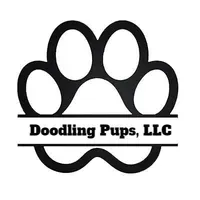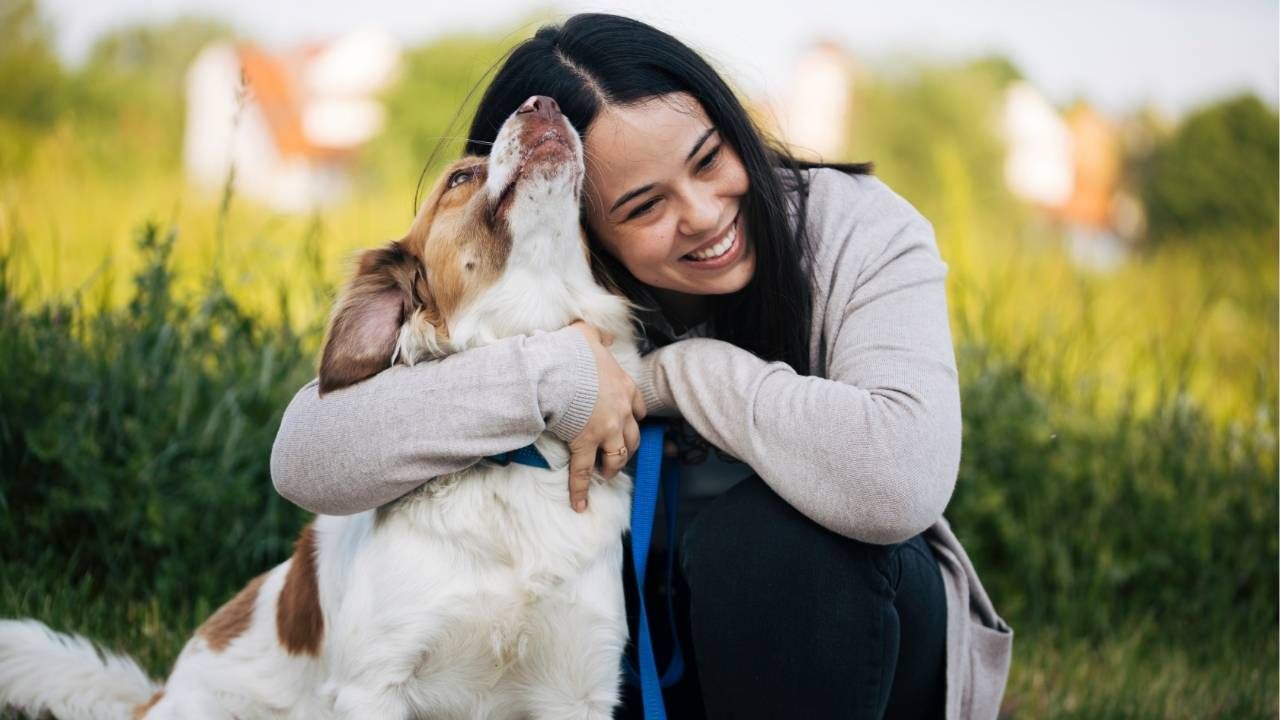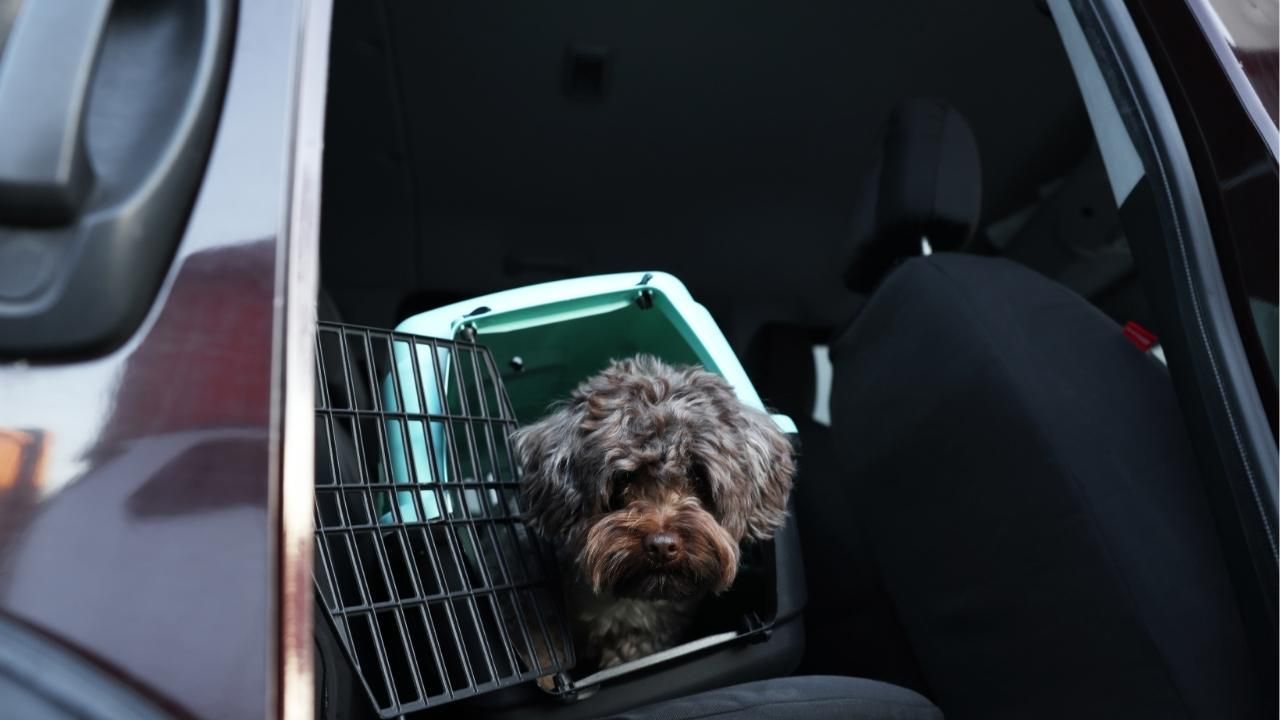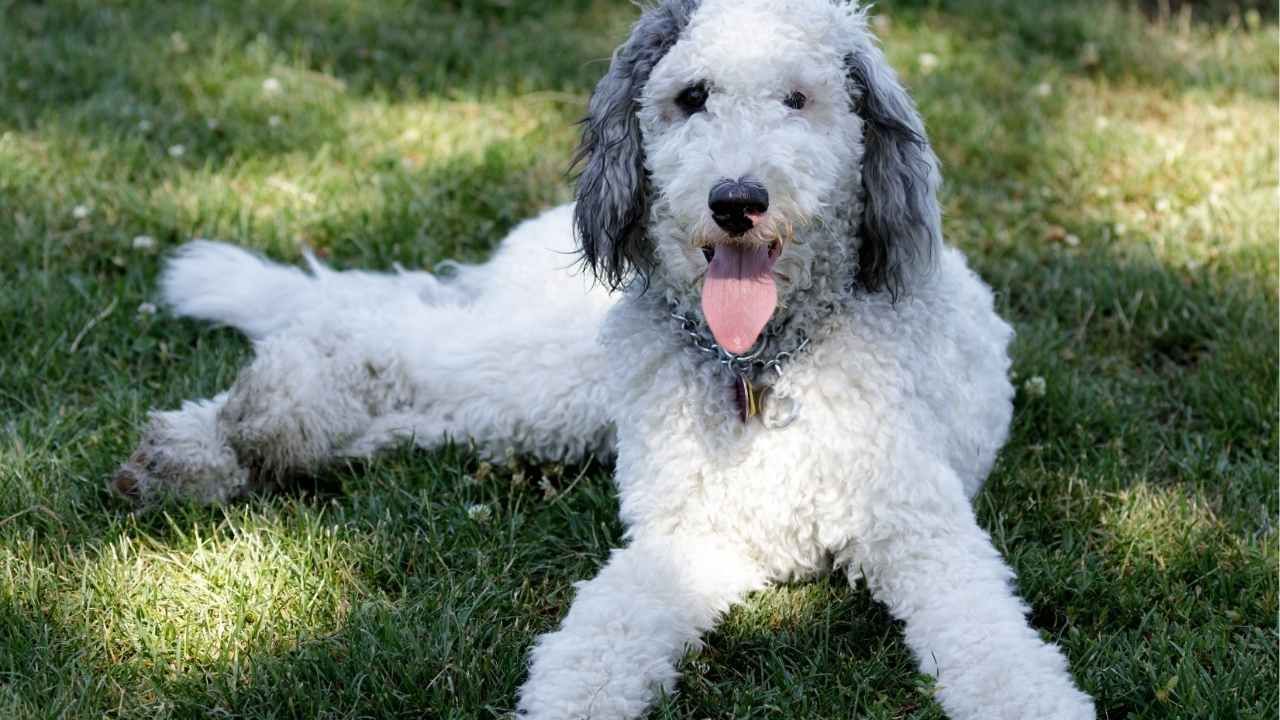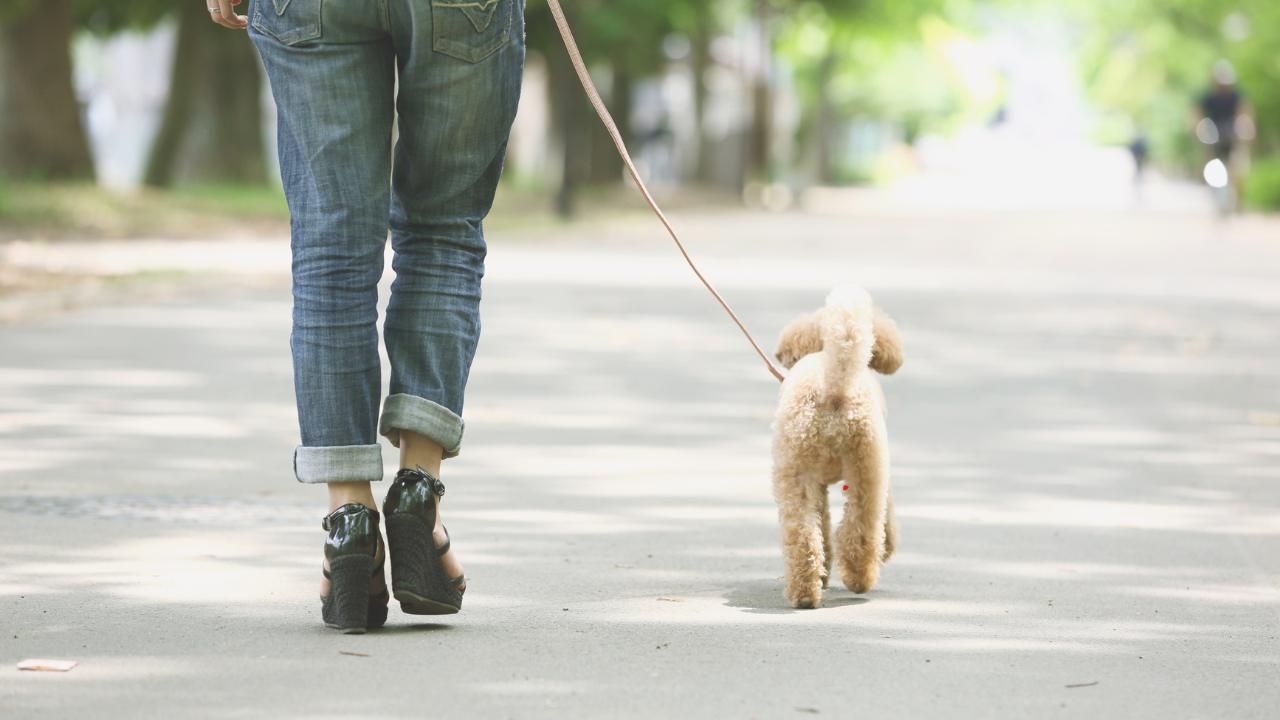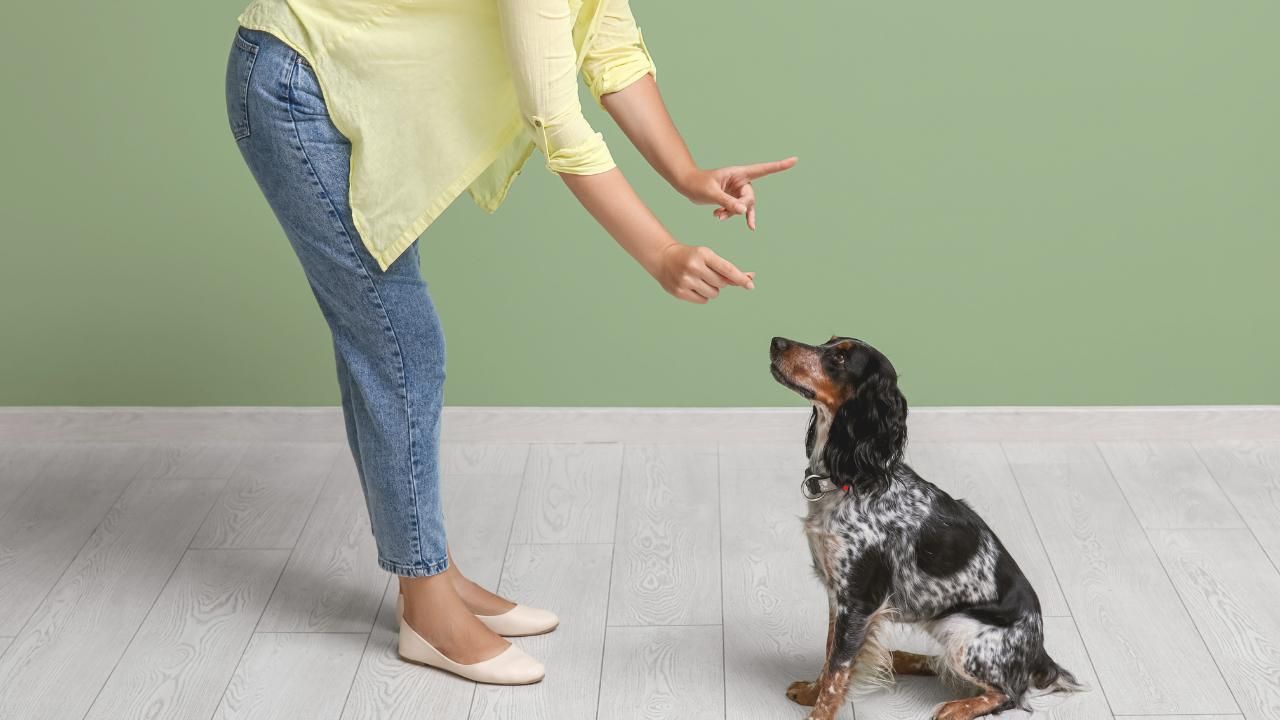Are Goldendoodles Truly Hypoallergenic? The Facts You Need to Know

Goldendoodles have skyrocketed in popularity, and for good reason. With their affectionate nature, intelligence, and low-shedding coats, they seem like the perfect dog for allergy sufferers. But are they truly hypoallergenic, or is it just clever marketing? If you’ve been searching for Golden doodles for sale in Arizona that won’t leave you sneezing, let’s break down the science behind Goldendoodles and allergies.
What Does “Hypoallergenic” Actually Mean?
First things first—what does "hypoallergenic" really mean? Many people assume it means "allergy-free," but that’s not the case. A hypoallergenic dog produces fewer allergens than other breeds, but no dog is completely allergen-free.
Dog allergies are triggered by proteins found in dander (dead skin flakes), saliva, and urine. While shedding fur can contribute to the spread of these allergens, it’s actually the dander attached to the fur that causes most reactions. This means that even a dog that sheds minimally—like a Goldendoodle—can still trigger allergies in sensitive individuals.
The Goldendoodle’s Coat: A Key Factor
Goldendoodles are a mix between a Poodle and a Golden Retriever, and their coat type plays a big role in how hypoallergenic they are. Unlike purebred Poodles, which have tightly curled coats that trap dander, Golden Retrievers shed heavily and spread more allergens around the home.
Goldendoodles can inherit one of three coat types:
- Curly coat: Most similar to a Poodle’s, this coat sheds the least and is considered the most hypoallergenic.
- Wavy coat: A mix of both parent breeds, this coat is moderate in shedding and allergen spread.
- Straight coat: This coat resembles a Golden Retriever’s and tends to shed more, making it less allergy-friendly.
If allergies are a major concern, many dog breeding experts recommend a multigenerational Goldendoodle, as they have a higher chance of inheriting the Poodle’s hypoallergenic traits.
Managing Allergies with a Goldendoodle
Even if a Goldendoodle is more allergy-friendly than other breeds, there’s still work to be done to minimize allergen exposure. Here’s how to keep your home as dander-free as possible:
- Regular grooming: Brush your Goldendoodle often to remove loose hair and dander, and schedule professional grooming every 6–8 weeks.
- Bathing routine: A weekly bath with an allergy-friendly shampoo can help reduce allergens.
- Keep a clean home: Vacuum carpets and furniture frequently with a HEPA filter vacuum, and wash your dog’s bedding regularly.
- Use an air purifier: A high-quality HEPA air purifier can capture pet dander and improve air quality.
- Create dog-free zones: Keeping your Goldendoodle out of bedrooms or off furniture can help reduce exposure.
Myth vs. Reality: Are Goldendoodles the Perfect Solution?
While many allergy sufferers find Goldendoodles to be a great option, it’s important to separate myths from reality:
- Myth: Goldendoodles are 100% hypoallergenic.
- Reality: No dog is completely allergen-free, but some shed less and spread fewer allergens.
- Myth: All Goldendoodles have the same level of hypoallergenic traits.
- Reality: Coat type and genetics play a big role—some Goldendoodles shed more than others.
- Myth: If you have allergies, you won’t react to a Goldendoodle.
- Reality: Everyone’s sensitivity is different. Some allergy sufferers do fine, while others still react.
Goldendoodles & Allergies: The Bottom Line
So, are Goldendoodles truly hypoallergenic? Not exactly—but they can be a better option for allergy sufferers than many other breeds. If you’re considering bringing one into your home, the best way to find out if they’ll trigger your allergies is to spend time with one before making a decision.
For those looking for designer dogs, Goldendoodles remain a popular choice. However, every allergy sufferer is different, so taking the time to meet a puppy and testing your reaction beforehand is always a wise move. If you do choose a Goldendoodle, following allergy-reducing practices can help you enjoy life with your new furry friend—without the constant sneezing.
Ready to welcome a Goldendoodle into your family? Submit your puppy application today! Have questions about our Goldendoodles, please don't hesitate to contact us!
